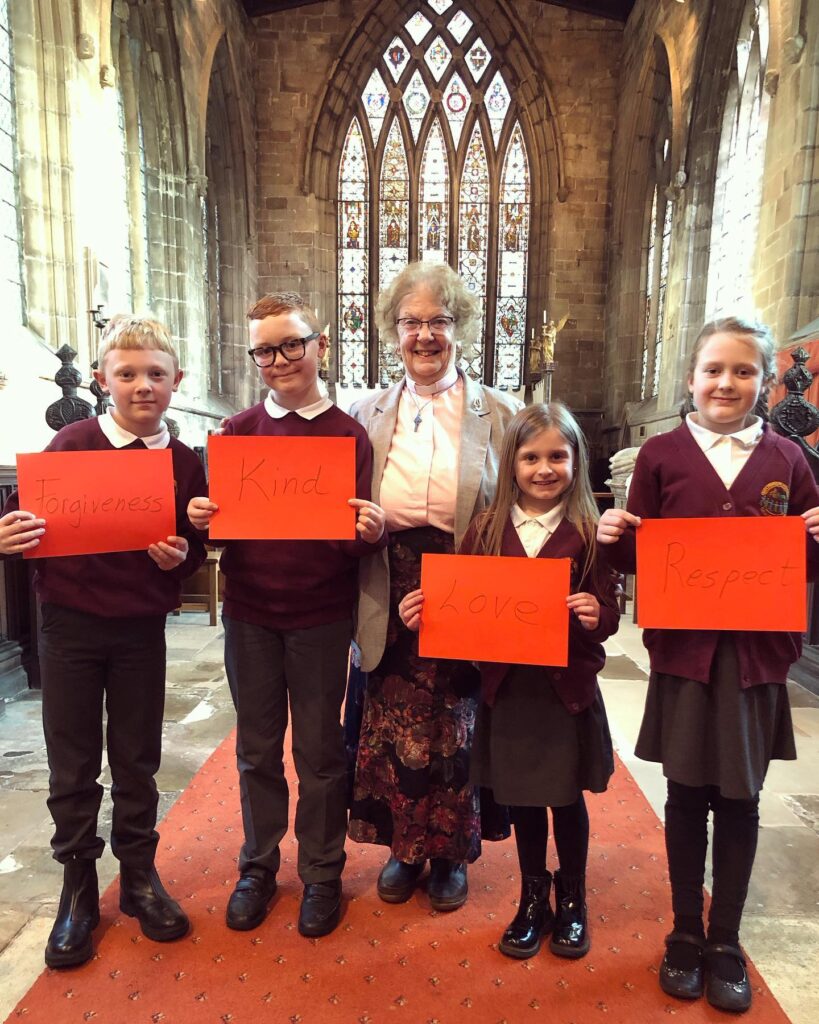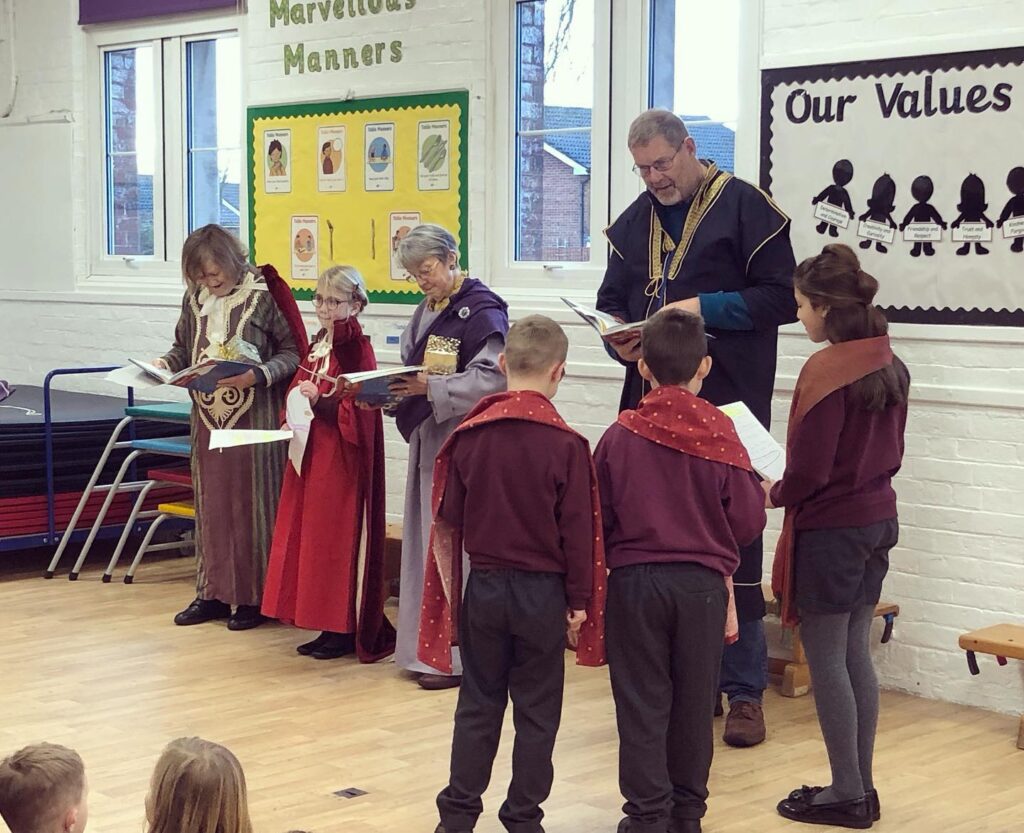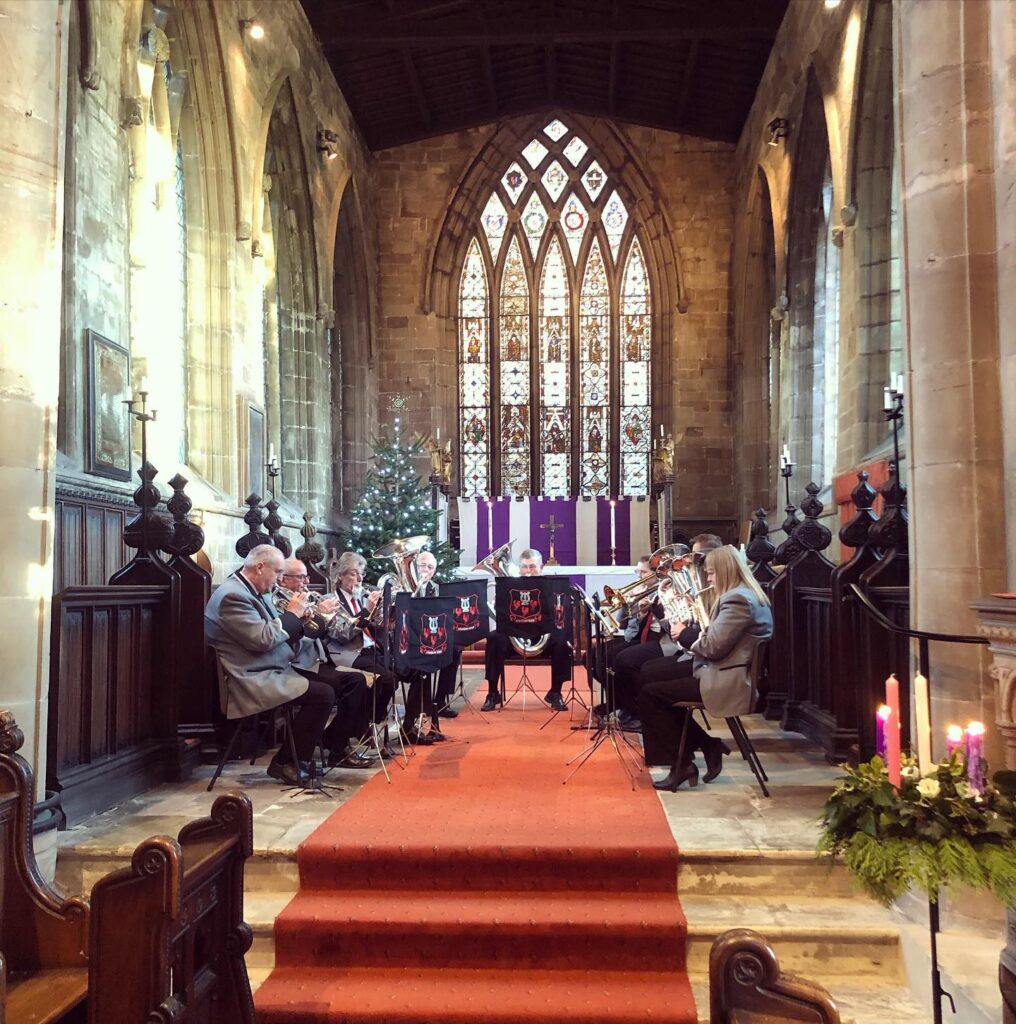


RELIGIOUS EDUCATION CURRICULUM STATEMENT
Our intent for our Religious Education Curriculum
As a Church of England School, the aim of our Religious Education curriculum is to help children to acquire and develop knowledge and understanding of Christianity and the other principal religions represented in Great Britain; to appreciate the way that religious beliefs shape life and our behaviour, develop the ability to make reasoned and informed judgements about religious and moral issues and enhance their spiritual, moral, social and cultural development.
Religious Education is taught throughout the school in such a way as to reflect the distinctly Christian vision, mission statement, and values. Throughout our school, Religious Education plays an important role, along with all other curriculum areas, in promoting the spiritual, moral, social, and cultural development of all our children – allowing them to achieve their God-given potential and flourish. We seek to instil a sense of wonder at God’s creation which nurtures a desire to learn and care for people and the environment. We aim to help pupils and adults to develop lifelong values so that they can contribute successfully to their local community and navigate an increasing complex national and global community.
Our implementation of our Religious Education Curriculum
As a Church of England School, we are passionate about the teaching of Religious Education and value its place highly in our curriculum provision. We have worked together with our advisor from the Lichfield Diocese, to create our long term plans. We follow the Understanding Christianity Scheme of Work which offers a coherent approach to the teaching and learning about Christianity in the wider RE Curriculum. It provides detailed planning and carefully chosen resources to help develop the children’s understanding of the “big picture” of the Bible and promote religious literacy.
Understanding Christianity has identified core concepts at the heart of mainstream Christian belief. It sets out some knowledge ‘building blocks’, to clarify what pupils should know and understand about these concepts at each school phase. Understanding Christianity’s approach to teaching about Christianity builds up pupils’ encounters with these core concepts through biblical texts, placing the texts and concepts within the wider Bible story.
Although Christianity is the predominant religion taught, we are committed to teaching our children about other world religions to enable them to flourish in our rich and diverse multicultural society. We introduce our children to Islam in KS1 and Judaism in KS2. The Diocese of Lichfield’s RE Guidance for Schools and Discovery RE Scheme of Work supports our planning of Islam and Judaism. All religions and their communities are treated with respect and sensitivity and we value the links which can be made between home, school, and a faith community.
We enhance the teaching of RE by planning relevant and purposeful learning experiences beyond the classroom. By taking part in the Faith Trail in Derby for example, children are given the opportunity to visit a Hindu Temple, Sikh Gurdwara and an Islamic Mosque. Children deepen their understanding of Christianity by taking part in local clergy-led ‘Open Door’ projects. Children in KS2 visit Lichfield Cathedral each year to take part in the ‘Inspire Project’. The Bible Society’s ‘Open the Book’ sessions teaches children about the bible through drama and role play.
Through providing an exciting, engaging and thought-provoking curriculum we encourage children to explore, ask questions, reflect and grow as unique individuals.
The impact of our Religious Education Curriculum
Through Religious Education, the children are able to make links between their own lives and those of others in their community and in the wider world. Our children develop a strong sense of religious literacy and are able to identify key themes that run through Christianity and other religions. They understand the key beliefs and values of Christianity, Islam, and Judaism and are able to explore ‘big questions’.
Through the teaching of Religious Education, our children become part of a Christian community where there are strong, caring relationships based on kindness and mutual respect. They develop an enthusiasm and respect of the world around them and how they can contribute positively to society.
RE offers distinctive opportunities to promote pupils’ spiritual, moral, social and cultural development.
Click here to see our Religious Education Long Term Plan 2022-2023
